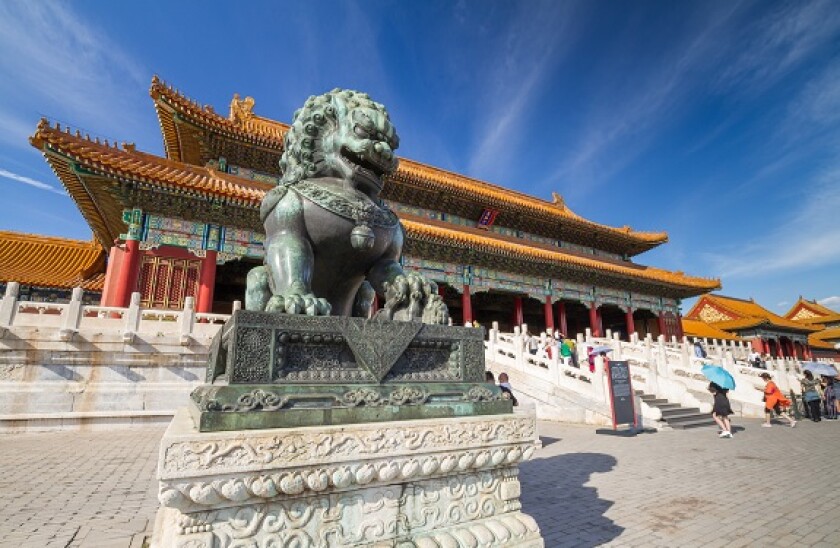China’s Consumer Price Index (CPI) inflation edged up to 2.5% year-on-year in June from 2.4% in May, according to data released by the National Bureau of Statistics on Thursday.
Food inflation reached 11.1% in June, a 0.5 percentage point jump from May. Non-food inflation went down slightly from 0.4% in May to 0.3% in June,
Producer Price Index (PPI) deflation eased in June, edging down to 3.0% year-on-year June from 3.7% in May.
“Despite the recent rise, we believe CPI inflation may not represent a policy constraint in coming quarters,” Ting Lu, chief economist at Nomura, said in a Thursday research note. “Instead, the recent stock market rally could be a key hurdle for Beijing’s policy easing agenda.”
*
The US sanctioned Chen Quanguo, the Communist party secretary, and three other officials in Xinjiang province, according to a Thursday statement by the US Department of the Treasury.
The sanctions are imposed under the Global Magnitsky Human Rights Accountability Act, a law targeting alleged human rights violators. Individuals sanctioned will see their US assets — if they have any — frozen. They will also be banned from travelling to the US and conducting businesses with US entities.
The US also sanctioned the Xinjiang Public Security Bureau.
*
Wang Yi, China’s foreign minister, warned that the US-China relationship is “facing the most serious challenges since the establishment of diplomatic relations [in 1979]”, according to a speech delivered at a forum on Thursday.
Wang said both sides should not seek to change one another but together explore a peaceful co-existence. He said China has not changed its policies towards the US and still is willing to develop a relationship that is based on sincerity and goodwill.
*
The Chinese capital city of Beijing had zero new local Covid-19 infections on Monday, the first time zero infection day since June 11, after a coronavirus cluster related to a wholesale food market broke out nearly four weeks ago. There were no new cases for the rest of week.
*
Wang Chunying, chief economist for the State Administration of Foreign Exchange (Safe), has been appointed as deputy head for the forex regulator.
China’s foreign exchange reserves exceeded $3.11tr ($445bn) in June, after a $10.6bn increase compared to the end of May, according to data from Safe.
Safe’s Wang said on Tuesday that the 0.3% rise was due to changes in exchange rate and asset prices.
*
The US Secretary of States Mike Pompeo told Fox News on Monday local time that the Trump administration is “certainly looking at” a ban on Chinese social media apps including TikTok.
TikTok, as well as messaging app WeChat, are among the 59 Chinese apps that were recently disallowed in India.
*
There are renewed talks on a potential ban on Huawei Technologies from the UK’s 5G networks. John Browne, Huawei’s UK chairman, reportedly said in a virtual event in London this week that the company “has become a football” between the United States and China, and that “the UK has had a very long relationship with China and I hope it’s not one that they simply throw away”.

